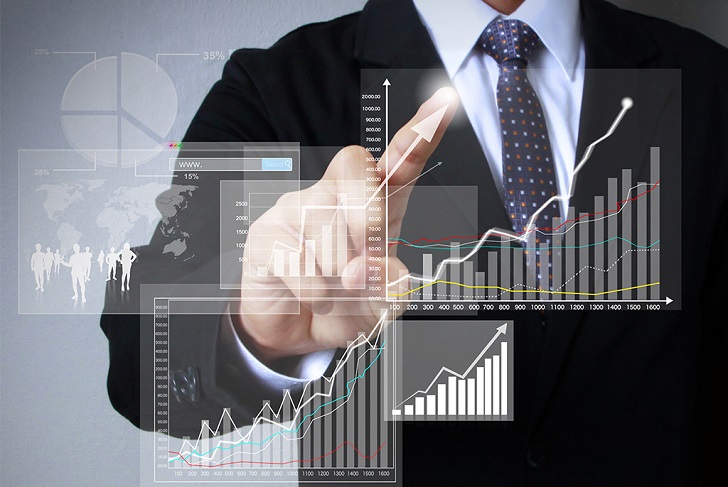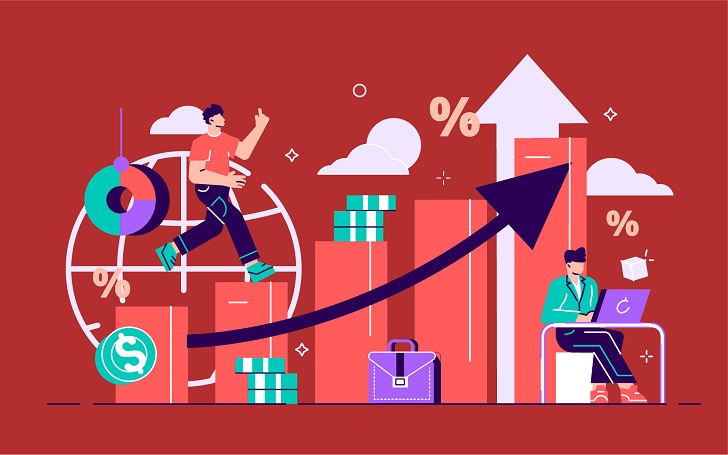The economic cycle is a recurring pattern of economic growth and contraction. It is also known as the business cycle or the trade cycle. This cycle has four stages: expansion, peak, contraction, and trough.
The expansion stage is characterized by increased economic activity, such as increased employment and production. The peak stage marks the end of the expansion period, and the contraction stage involves a decline in economic activity.
Finally, the trough stage marks the end of the contraction period, and the economy starts to recover and grow again.

Causes of the Economic Cycle
The economic cycle is caused by several factors, including changes in consumer behavior, business investment, government spending, and international trade. During the expansion phase, consumers tend to spend more, increasing demand for goods and services.
This, in turn, encourages businesses to invest in new projects and hire more workers. As the economy grows, governments also tend to increase their spending on infrastructure and other projects, further boosting economic activity.
However, as the economy approaches its peak, the demand for goods and services begins to slow down, leading to excess supply and declining prices.
This prompts businesses to cut back on investment and reduce their workforce, leading to a contraction in the economy. Governments may also reduce spending during this phase, further exacerbating the slowdown.

Effects of the Economic Cycle
The economic cycle has far-reaching effects on various aspects of the economy, including employment, inflation, and financial markets. During the expansion phase, employment rises, leading to higher wages and greater consumer spending. This, in turn, leads to higher inflation as the demand for goods and services increases.
However, during the contraction phase, the opposite occurs, with rising unemployment and lower wages leading to reduced consumer spending and lower inflation. Financial markets are also affected by the economic cycle, with rising stock prices during the expansion phase and falling prices during the contraction phase.
Implications of the Economic Cycle
The economic cycle has several implications for businesses, investors, and policymakers. Understanding the economic cycle can help businesses plan for future growth and manage risks during economic downturns.

They can adjust their investments and hiring decisions to align with the current phase of the cycle and position themselves for future growth. Investors also need to understand the economic cycle to make informed investment decisions.
It may be wise to invest in stocks during the expansion phase, while bonds and other fixed-income securities may be a safer bet during the contraction phase. Understanding the economic cycle can help investors minimize risks and maximize returns.
Finally, policymakers also play a crucial role in managing the economic cycle. They can use various tools, such as monetary and fiscal policy, to stimulate economic growth during a contraction phase and control inflation during an expansion phase. However, policymakers must act carefully to avoid causing unintended consequences and exacerbating the economic cycle.





